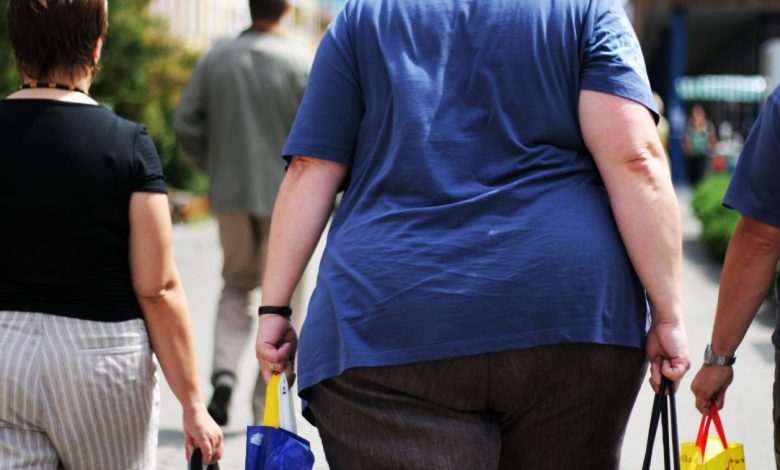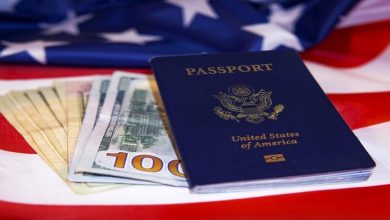Trump’s Visa Policy Targets Obesity and Diabetes in New Immigration Directive
New Trump administration rule allows visa denials based on chronic health conditions, sparking global criticism from medical and legal experts.

In a highly controversial move, the administration of President Donald Trump has issued new guidance to U.S. visa officers at embassies and consulates worldwide, allowing them to deny entry visas based on chronic health conditions such as obesity and diabetes, arguing that such applicants could become a “public charge” due to potential healthcare costs.
The rule represents an unprecedented expansion of health-related assessments in visa processing. It encourages visa officers to evaluate applicants for conditions such as heart disease, respiratory illnesses, cancers, neurological and mental health disorders, alongside obesity—which is linked to complications like asthma, sleep apnea, and hypertension—on the grounds that these could strain public healthcare resources.
Visa officers are instructed to assess whether applicants possess sufficient financial resources to cover lifelong medical expenses without relying on public assistance or government-funded institutions. The guidance also urges them to consider the health of dependent family members, including children and the elderly, if their conditions could limit the applicant’s ability to work.

Trump Visa Rule Draws Global Criticism Over Health Bias
Immigration lawyer Sophia Genovese of Georgetown University described the directive as “excessively overreaching,” warning that visa officers are not medically qualified to make judgments based on speculative future health outcomes. She added that this policy could create serious difficulties during consular interviews, especially if an applicant’s medical history is misinterpreted or evaluated with bias.
According to reports, denying entry to overweight individuals on the assumption of potential health risks is a broad, harsh, and unfamiliar measure. Visa applicants are already required to undergo medical examinations to detect infectious diseases such as tuberculosis and to receive various vaccinations.
The directive follows just one day after Trump announced a deal with two pharmaceutical companies to lower the monthly cost of popular weight-loss drugs Ozempic and Zepbound to about $150—a move he called the “Overdose Deal.” This signals an increased administrative focus on national health and obesity issues.
Experts say the decision is part of a broader strategy to tighten legal immigration and could affect thousands of applicants globally, especially given the worldwide rise in conditions like obesity and diabetes. Observers note that the policy redefines the concept of “public charge” in a way that may subject applicants to rejections based on health assumptions rather than objective medical assessments.



